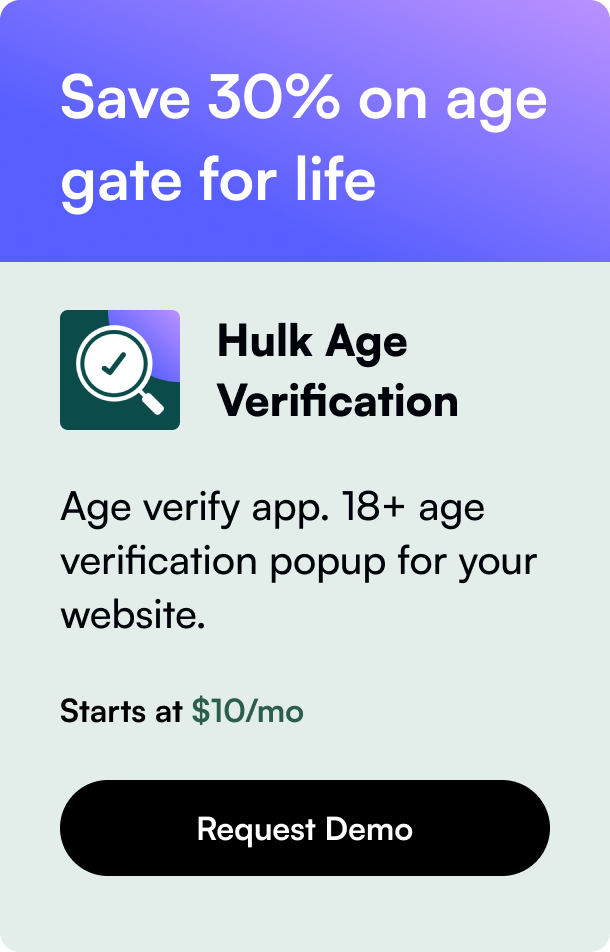Table of Contents
- Introduction
- The Mechanics Behind Information Collection on Shopify
- The Implications of Data Collection
- Conclusion
Have you ever wondered how Shopify seems to have your information even if you haven't directly inputted it into their system? It's a common curiosity among online shoppers and merchants who use Shopify's platform. This blog post aims to shed light on how Shopify comes to possess user information and the implications it holds. By the end, you'll understand the mechanisms behind Shopify's data collection and how it utilizes this information to enhance your e-commerce experience.
Introduction
Imagine browsing through an online store, finding the perfect gift, and then, during checkout, you notice that the platform already has your shipping address and payment details saved. Convenient, isn't it? But it also prompts the question: How did Shopify get this information in the first place? This scenario has become increasingly common as e-commerce platforms like Shopify streamline their services to offer seamless shopping experiences. However, this convenience often comes with concerns about privacy and data security. In this post, we'll explore how Shopify gathers user data, the purpose behind this data collection, and what control you have over your information. Whether you're a merchant or a customer, understanding these dynamics is crucial in today's digitized marketplace.
The Mechanics Behind Information Collection on Shopify
Shopify, a leading e-commerce platform, collects user information through various channels. Here's a breakdown of the primary methods:
Shop Pay and Accelerated Checkouts
When you opt for faster checkout experiences like Shop Pay, Shopify saves your payment and shipping details. This opt-in feature requires authorization, usually provided during your first purchase with a Shopify-supported merchant. Once you've opted in, your information is stored securely for future transactions, offering a quicker and smoother checkout process.
Browser and Payment Gateways
Interestingly, some concerns regarding Shopify having one's information without explicit consent often stem from misunderstandings. Information saved by your internet browser or through payment gateways can sometimes be misconceived as Shopify directly storing your data. Shopify itself emphasizes user consent and the active choice to use features like Shop Pay.
Third-Party Integrations and Apps
Shopify's ecosystem supports a myriad of third-party apps and services. When you interact with these services (e.g., signing up for a newsletter or making a purchase that involves a third-party shipping app), your information might be shared with Shopify to streamline the service delivery. This process is governed by both Shopify's and the third-party's privacy policies.
Consumer Behavior and Analytics
Shopify collects data on shopping habits, preferences, and interactions across its platform. This data is crucial for providing personalized shopping experiences, improving service offerings, and helping merchants understand their audience better. Aggregated and anonymized data is also used for analytics and market research.
The Implications of Data Collection
Enhancing User Experience
The primary rationale behind collecting user data is to enhance the shopping experience. By understanding user preferences and behaviors, Shopify can tailor its services to meet users' needs more effectively. This personalized approach can lead to higher satisfaction and loyalty among both merchants and shoppers.
Privacy and Security Measures
Shopify takes privacy seriously and implements robust security measures to protect user data. The platform adheres to international data protection regulations and employs encryption and secure servers to safeguard information. Users also have control over their data, including the option to opt-out of features like Shop Pay and to request data deletion.
Transparency and Control
Shopify's privacy policies provide detailed information on data collection and usage. Users are encouraged to review these policies to understand their rights and the controls available to them. Shopify also offers resources for users to manage their data, reinforcing its commitment to transparency and user empowerment.
Conclusion
Shopify's collection of user information is a complex process that involves explicit user consent, secure data storage, and a focus on enhancing the e-commerce experience. While concerns about privacy are understandable in today's digital age, Shopify provides various mechanisms for users to control their information and prioritizes data security.
FAQ
-
Can I opt out of having my information saved by Shopify?
- Yes, you can opt out of features like Shop Pay, which stores your information for faster checkouts. Shopify also provides options to delete your data upon request.
-
How does Shopify ensure my data is secure?
- Shopify employs industry-standard security measures, including encryption and secure servers, to protect your data. The platform is also compliant with international data protection regulations.
-
Does Shopify share my information with third parties?
- Shopify shares information with third parties only when necessary for providing its services or when you've given explicit consent. Third-party apps and integrations are subject to their own privacy policies.
-
Can I access the information Shopify has about me?
- Yes, Shopify offers options for users to request access to their data. This allows you to review, edit, or delete your information as you see fit.
Understanding how Shopify handles your information not only addresses privacy concerns but also highlights the platform's efforts to create a secure and personalized shopping experience. As e-commerce continues to evolve, staying informed and exercising control over your data are key steps in navigating the digital marketplace.








